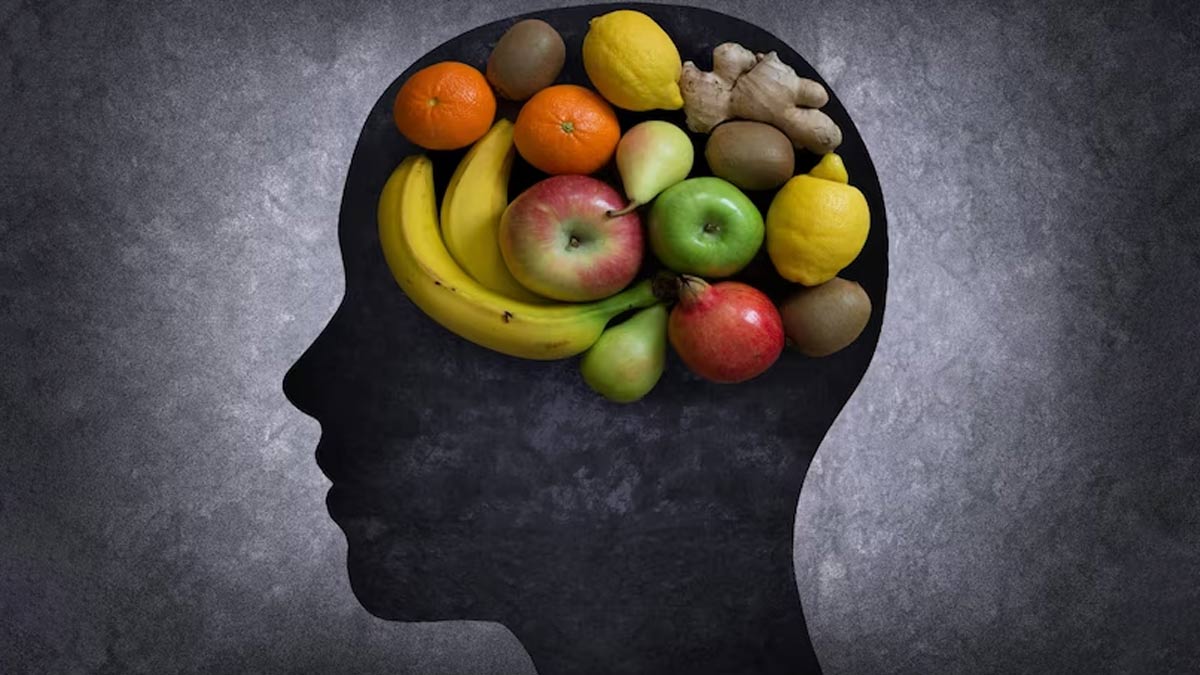
Diet plays a determining role in maintaining a healthy body and mind. What you eat has an impact on your emotional and mental well-being. Poor diet choices not only make you physically weak but also impact your mental health. An improper and inadequate diet can make you tired and exhausted. This can also affect your mind, reducing your concentration levels and increasing stress. Having a balanced and healthy diet makes your brain more active and lets you think more clearly, along with improving your attention and concentration. Along with what you eat, it is essential to take care of what not to eat to have good mental health.
Table of Content:-
Relation Between Nutrition & Brain
An emerging field called nutritional psychiatry emphasises on how diet and nutrition affect mental health. Its aim is to address mental health issues with dietary and lifestyle modifications. Our gastrointestinal systems, which are closely linked to our brains and how we process emotions, are impacted by the food we eat.
According to a study published in the National Library of Medicine, certain foods can aggravate anxiety symptoms, like alcohol and added sugar. Here are four foods & drinks that have a negative impact on your mental health.
Also Read: 5 Signs Eye Health Is Related To Mental Health
Processed Foods

Processed food contains a lot of sugar, salt, and harmful fats, which can lead to mood swings and irritation by causing blood sugar spikes and falls. Inflammation caused by sugar and processed foods can affect the entire body, including the brain, and play a role in causing mental health issues like anxiety and depression.
Alcohol

This is not a food but a beverage that people consume in very high quantities. Alcohol abuse can affect the quality of sleep as well as cause sadness and anxiety. Drinking alcohol frequently disrupts sleep and raises blood sugar, especially if it is done on an empty stomach. Alcohol abuse can lead to physical dehydration and anxiety-inducing hangover symptoms.
High-Fat Foods
A diet rich in trans and saturated fats can raise your chances of developing anxiety and depression. Saturated fats can clog arteries and restrict blood flow to the brain, which inhibits the brain's capacity to function at its best. These fats are found in foods like butter and high-fat dairy products. It is much worse when these unhealthy fats and sugar are combined.
Caffeine

Caffeine is a dehydrating agent and, when taken in large quantities, can lead to many health problems, including mental health issues. High caffeine intake can irritate your throat and cause digestive issues. According to a study, it can also interfere with your sleep when taken within six hours of bedtime. Having less sleep can worsen the symptoms of anxiety and depression.
Also Read: 5 Ways Your Fitness Routine Could Be Improving Your Mental Health
Bottomline
These foods are not the cause of mental health issues but can impact it negatively, aggravating the problem when taken in excess. High amounts of these foods and beverages can cause a hormonal and chemical imbalance, affecting mental health. You should ensure to have a balanced diet and focus on eliminating nutritional deficiencies instead of eating foods with no nutritional value.
Image Credits: freepik
Also watch this video
How we keep this article up to date:
We work with experts and keep a close eye on the latest in health and wellness. Whenever there is a new research or helpful information, we update our articles with accurate and useful advice.
Current Version